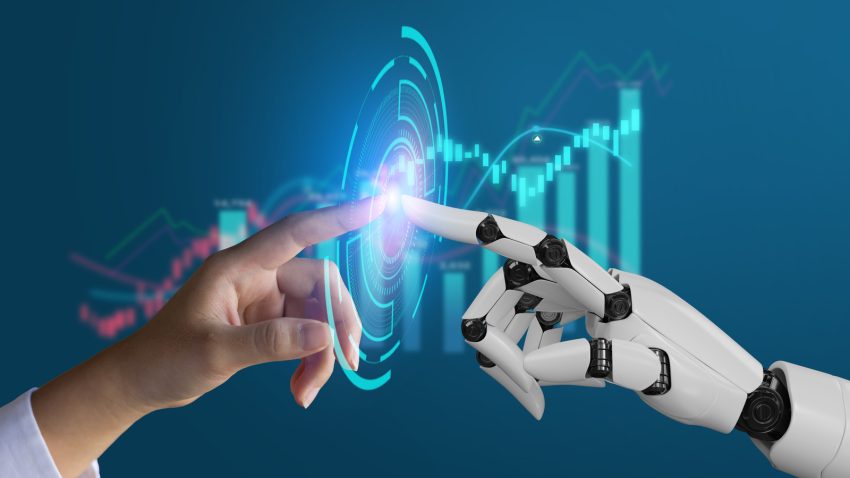In recent years, the healthcare industry has witnessed a revolutionary transformation, and at the heart of this metamorphosis lies the rise of Artificial Intelligence (AI). As experts in the field, we are here to delve deep into the impactful role that AI has been playing in the healthcare sector and how it is poised to revolutionize how we approach medical diagnosis, treatment, and patient care.
Unraveling the Potential of AI in Healthcare
Precision Diagnosis
AI has emerged as a game-changer when diagnosing medical conditions accurately and swiftly. By analyzing vast datasets and complex algorithms, AI can recognize patterns and anomalies that might be too subtle for the human eye. This is particularly crucial in early detection, where the timely identification of diseases like cancer can significantly improve patient outcomes.
Personalized Treatment Plans
Gone are the days of one-size-fits-all treatment approaches. With AI, healthcare providers can create personalized treatment plans based on a patient’s unique genetic makeup, medical history, and lifestyle. This tailored approach enhances the efficacy of treatments and minimizes potential side effects, leading to better patient experiences.
Predictive Healthcare
Imagine a healthcare system that can predict outbreaks of diseases or epidemics before they occur. AI has made this a reality by analyzing data from various sources, such as social media, weather patterns, and patient records, to identify potential health threats. This early warning system enables healthcare organizations to allocate resources efficiently and take preventive measures.
The AI-Powered Surge in Research and Development
Drug Discovery Acceleration
AI is significantly expediting the drug discovery process. By simulating the behavior of molecules and predicting their interactions with diseases, AI algorithms can narrow down potential drug candidates. This saves time and resources and holds the promise of finding novel treatments for currently incurable diseases.
Virtual Clinical Trials
In the past, clinical trials were resource-intensive and time-consuming. AI is changing the game by facilitating virtual clinical trials. Through digital platforms and remote monitoring, researchers can collect data more efficiently, leading to quicker approvals and access to life-saving medications.
Enhancing Patient Care
Telemedicine Revolution
Telemedicine has gained tremendous traction, especially in the wake of the COVID-19 pandemic. AI-driven telemedicine platforms provide patients with the convenience of remote consultations while enabling healthcare providers to offer timely and accessible care.

Predictive Analytics for Better Outcomes
AI doesn’t just stop at diagnosis; it continues to assist in patient care. Predictive analytics powered by AI can anticipate a patient’s future healthcare needs based on their medical history and current health status. This proactive approach helps in preventing complications and improving overall healthcare outcomes.
Ethical Considerations and Challenges
While the potential of AI in healthcare is awe-inspiring, it is essential to address the ethical concerns and challenges that come with it. Data privacy, algorithm biases, and the need for robust regulatory frameworks are critical issues that require careful consideration as AI continues to integrate into healthcare.
The Road Ahead
The future looks promising as we stand at the intersection of technology and healthcare. AI will become an indispensable part of the healthcare ecosystem, empowering medical professionals and benefiting patients worldwide. Its capacity to process vast amounts of data, make accurate predictions, and enhance patient care is nothing short of revolutionary.
In conclusion, the rise of Artificial Intelligence in healthcare is not just a trend but a seismic shift reshaping the entire industry. From precision diagnosis to personalized treatments, from accelerating research to improving patient care, AI is leaving an indelible mark on healthcare. Embracing this transformation is not an option but necessary for healthcare organizations to thrive in the digital age.
